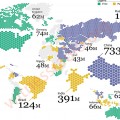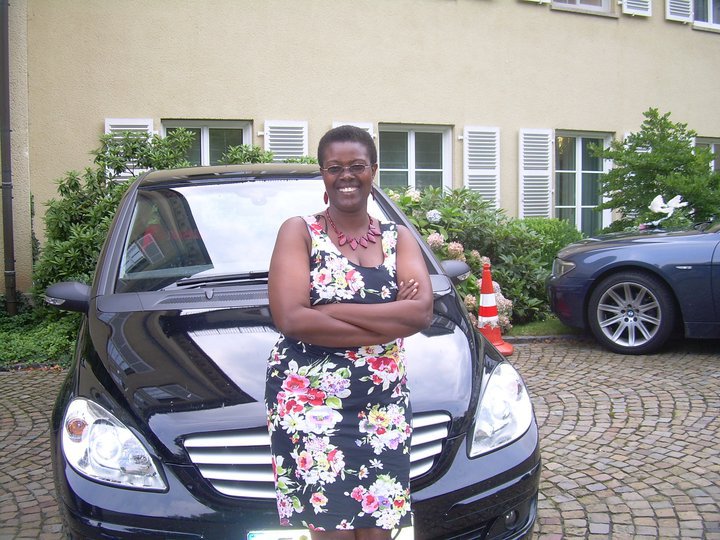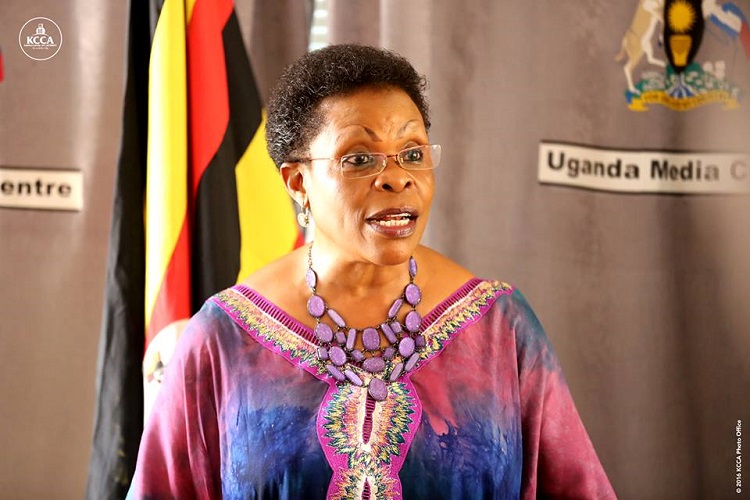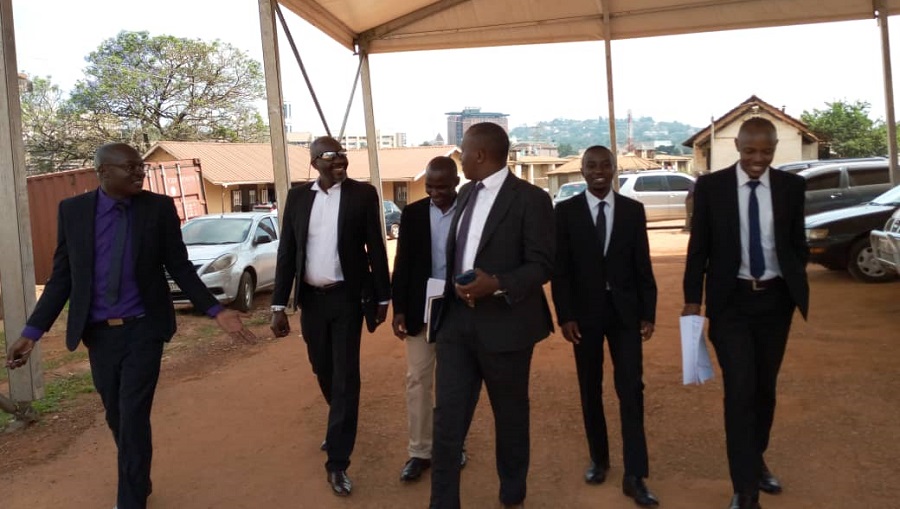The study also looked at news literacy levels for the first time, and found that 68 per cent of respondents were unaware of the financial difficulties of news organisations
The number of people who get their news from social media has started to fall for the first time in seven years, according to the Digital News Report from the Reuters Institute for the Study of Journalism.
Since the report started tracking the key sources for news in several countries, it found relentless growth in the use of social platforms for accessing news. But now, in many countries this growth has halted or the usage has declined.
In the United States, 23 per cent of survey respondents used social media as a source of news in 2013, a figure which peaked at 53 per cent in the history of the study before falling back significantly this year to 45 per cent.
In the UK, usage grew from 20 per cent of respondents saying they had used social media for news in 2013 to 41 per cent in 2017, before falling back this year.
This decline is primarily due to changes in Facebook use.
“It is worth noting that average Facebook use for any purpose has remained broadly static since 2015, while its use for news has declined,” the report explained.
“This suggests either a fall in general engagement or a reduction in exposure to news by the Facebook algorithm, as the company prioritises interactions with family and friends and tries to limit the impact of ‘fake news’.
“At the same time we have seen a rise in the usage of alternative platforms such as WhatsApp, Instagram, and Snapchat,” the authors of the report pointed out.

The Digital News Report is authored and researched by: David Levy, director of the Reuters Institute for the Study of Journalism (RISJ); Nic Newman, research associate, RISJ; Richard Fletcher, research fellow, RISJ; Antonis Kalogeropoulos, research fellow, RISJ; Rasmus Kleis Nielsen, director of research, RISJ; and experts contributing country-level commentary.
The study is based on a survey of more than 74,000 people in 37 markets, as well as qualitative research.
As well as measuring people’s ways of accessing news, the report looks at trust in news, media literacy, and revenue models.
The survey shows that levels of trust in news are stable, with 51% of respondents saying they trusted the media they used. This represents a 2 per cent increase from the previous year.
But only 34 per cent said they trust the news they found on search engines, and only 23 per cent trusted the news they found on social. These figures reflect the decline in the importance of Facebook as a source for news, but also point to a more confusing media landscape when viewing through aggregators – the more contrasting views and sources you might see in your Google search results or on your Facebook newsfeed, the more unsure you could be about which perspectives are trustworthy.
Facebook is planning a new change to the way news stories are ranked in newsfeeds, in favour of “broadly trusted” news brands, said Nick Wrenn, head of news partnerships, EMEA, Facebook, speaking at the report launch in London today.
He explained that “broadly trusted” refers to publications that are considered trustworthy by a diverse range of people, both their fans who read them regularly but also those who don’t engage with the brand often.
But the way news is displayed in feeds across social platforms poses challenges for the public as well as for publishers.
David Dinsmore, chief operating officer, News UK, revealed that internal research reflects that both readers of The Sun and readers of The Times agree they are increasingly concerned about social media.
Also at the launch, Fran Unsworth, director, news and current affairs, BBC, said brand attribution is another challenge for news organisations distributing content on social platforms.
“This issue of attribution is really important to us and we’re working really hard in that space to get people to recognise that they are consuming BBC content.”
This year, the report also measured media literacy for the first time, and found that levels of news literacy are much lower than many journalists might expect. The team asked respondents a series of three multiple choice questions, with only one correct answer: the first tested whether they could identify their country’s public broadcaster; the second looked at who was responsible for writing press releases; and the third asked about how stories people see in their Facebook news feed are selected.
“We can see that one-third (32 per cent) did not get any of these questions correct. A similar number got just one correct – normally the first question on public broadcasters. Just 10 per cent answered all three correctly,” the report points out.
Worryingly, the study also found that 68 per cent of respondents were unaware of the financial difficulties the news industry is facing, or believed that publishers were making a profit on online news.
The report then looked at the preferred news sources of those with different levels of media literacy.
“In general, the preference for newspapers and newspaper websites (which we have grouped together here) is more widespread among those with higher levels of news literacy; rising from 20 per cent to 34 per cent.
“Conversely, the preference for television and television/radio websites is more widespread among those with low levels.
“The preference for social media as a news source is largely consistent across all groups, but is slightly higher among those with the lowest levels of news literacy (15 per cent compared to 10 per cent),” the report points out.

Additionally, RISJ explored the link between news literacy and the levels of trust in news, as many in the media industry believe that by promoting news literacy and increasing the levels of understanding from the public of how journalism is made, people will trust media outlets more.
What the team found out however is that “news literacy may also go hand in hand with a high degree of scepticism. Even if we focus on news production, the more people know about how the news is made, the more knowledgeable they will be about its limitations and imperfections. This may be why we see only a very small increase in trust levels as news literacy increase.”
Source: Journalism.co.uk


 MEDIA FOR CHANGE NETWORK1 week ago
MEDIA FOR CHANGE NETWORK1 week ago
 MEDIA FOR CHANGE NETWORK2 weeks ago
MEDIA FOR CHANGE NETWORK2 weeks ago
 WITNESS RADIO MILESTONES2 weeks ago
WITNESS RADIO MILESTONES2 weeks ago
 MEDIA FOR CHANGE NETWORK2 weeks ago
MEDIA FOR CHANGE NETWORK2 weeks ago
 NGO WORK16 hours ago
NGO WORK16 hours ago


































